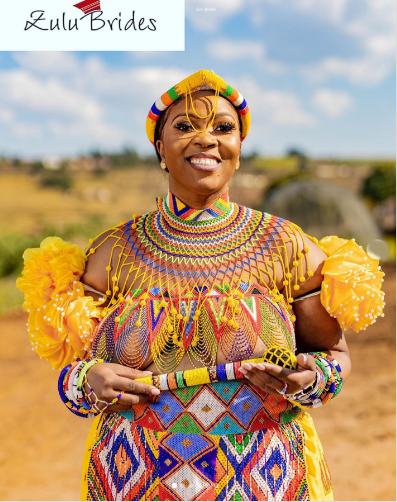
Zulu Makoti Dresses
In the vibrant tapestry of South African culture, the Zulu makoti dress stands out as a symbol of tradition, grace, and beauty. Rooted in the rich heritage of the Zulu people, these dresses hold a special place in ceremonies, celebrations, and everyday life. From their intricate designs to their profound cultural significance, Zulu makoti dresses encapsulate the essence of Zulu identity and pride.
Origins and Cultural Significance
The term “makoti” translates to “bride” in Zulu, and the makoti dress holds deep cultural significance in Zulu weddings. Traditionally, when a woman becomes a bride, she wears a makoti dress as a symbol of respect for her new family and as an expression of her cultural heritage. These dresses are often adorned with symbolic patterns and colors that represent important aspects of Zulu tradition, such as fertility, unity, and prosperity.
Design Elements
Zulu makoti dresses are renowned for their intricate designs and meticulous craftsmanship. They are typically made from vibrant fabrics, such as shweshwe or isiShweshwe, which are adorned with bold geometric patterns and bright colors. These patterns are not merely decorative; they often carry deep symbolic meanings, passed down through generations. For example, the diamond-shaped motifs symbolize love and harmony, while the zigzag patterns represent the journey of life.
The silhouette of a Zulu makoti dress is also distinct, featuring a fitted bodice and a full, flared skirt that accentuates the wearer’s figure and movement. Traditional accessories such as beaded necklaces, bracelets, and headdresses complement the dress, adding an extra layer of cultural authenticity and beauty.
Evolution and Contemporary Adaptations: While rooted in tradition, Zulu makoti dresses have evolved over time to reflect changing tastes and influences. Modern interpretations may incorporate elements of contemporary fashion while still honoring traditional design principles. For instance, some designers experiment with different fabrics, textures, and silhouettes, creating unique variations of the classic makoti dress that appeal to a broader audience.
Moreover, Zulu makoti dresses are not limited to wedding ceremonies; they are also worn on various other occasions, such as festivals, cultural gatherings, and religious ceremonies. Their versatility and timeless elegance make them a cherished wardrobe staple for many Zulu women, serving as a powerful expression of cultural pride and identity.
Preserving Tradition
In a rapidly changing world, the preservation of cultural traditions like the Zulu makoti dress is more important than ever. These dresses serve as a tangible link to the past, connecting present generations with their ancestors and heritage. Through initiatives such as cultural festivals, exhibitions, and educational programs, efforts are made to celebrate and safeguard the legacy of Zulu craftsmanship and artistry.
Modern Zulu Makoti Dress Ideas
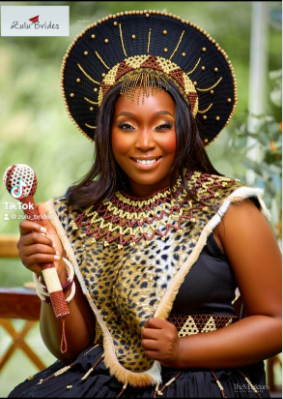
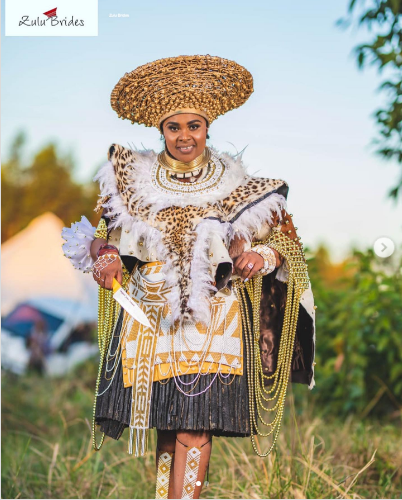
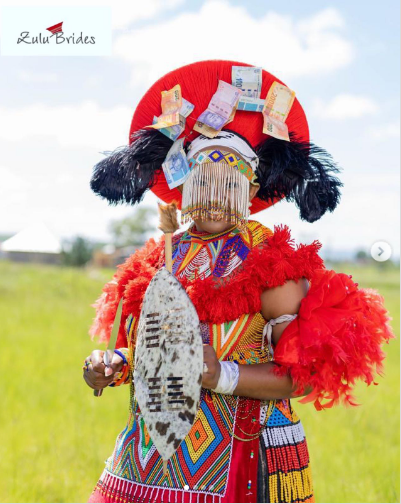
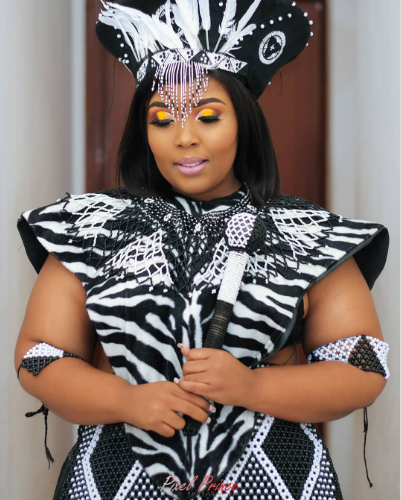
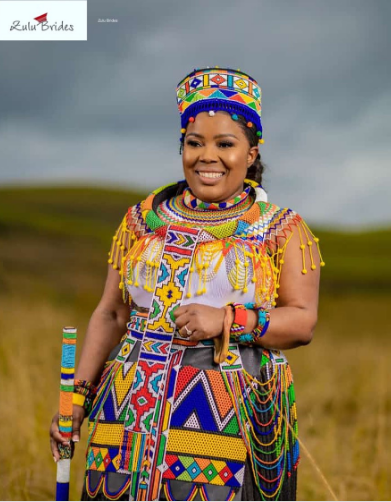
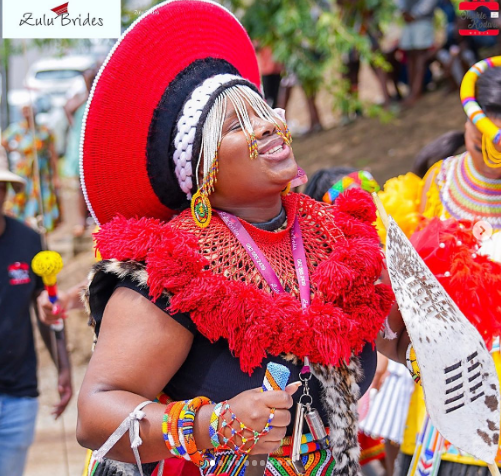
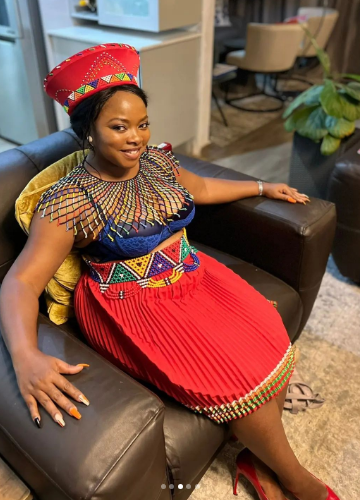
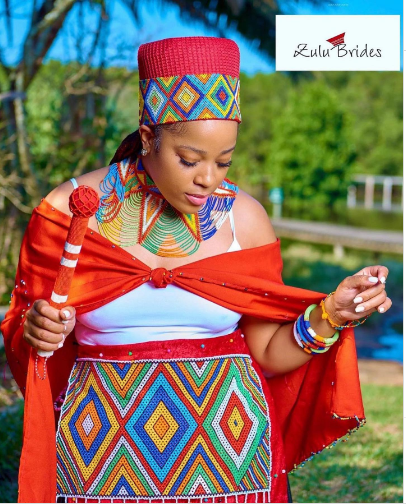

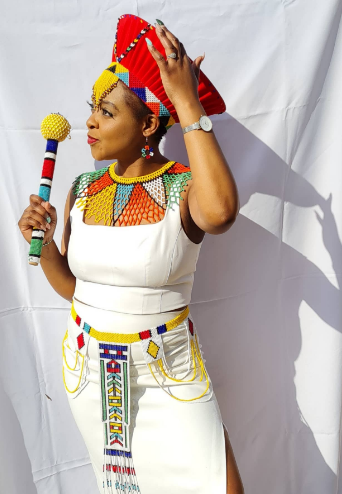
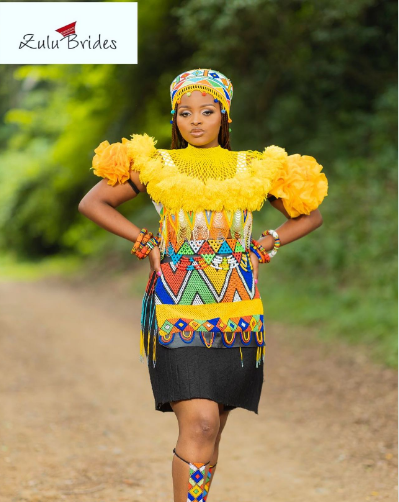
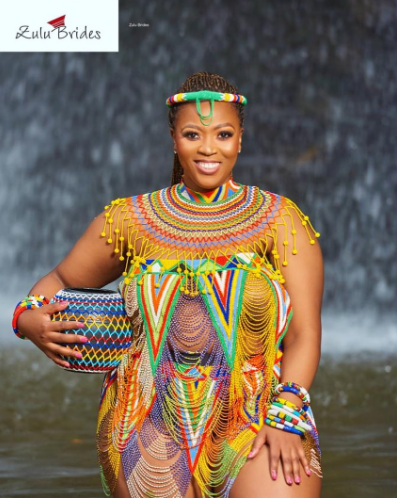
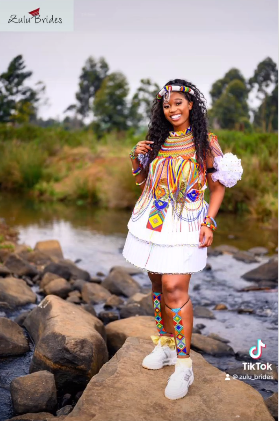
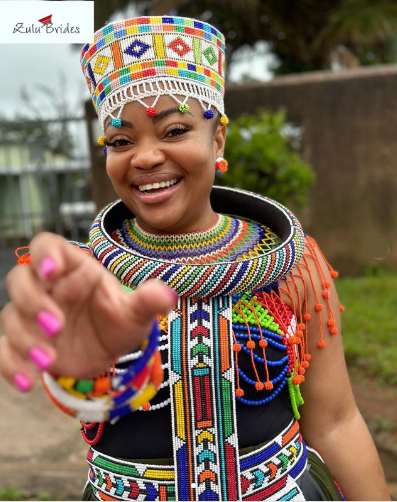
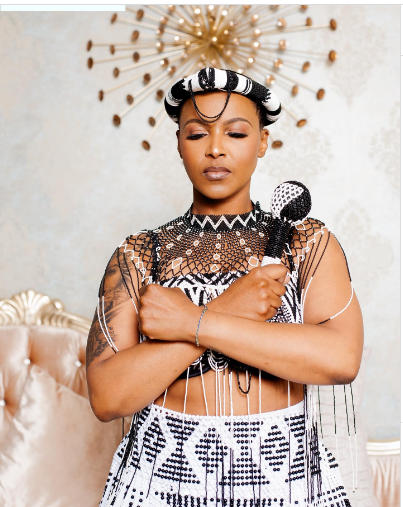
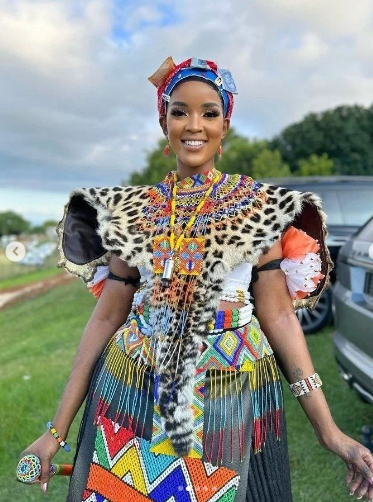
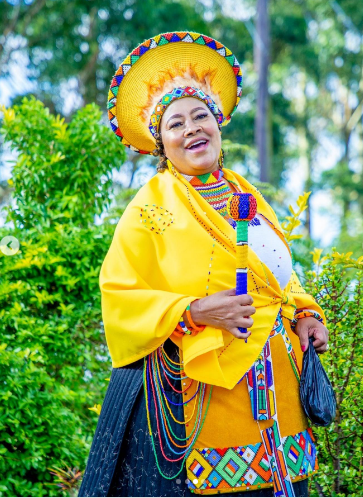
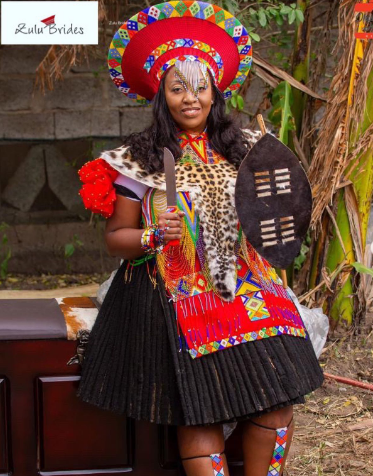
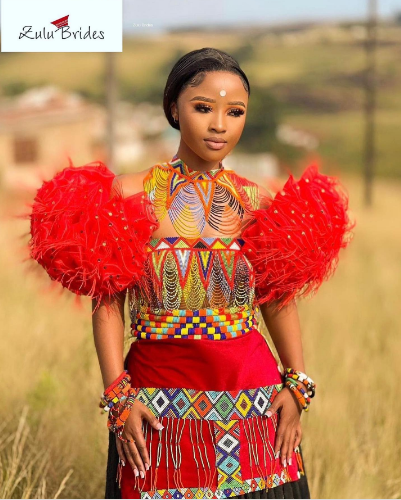
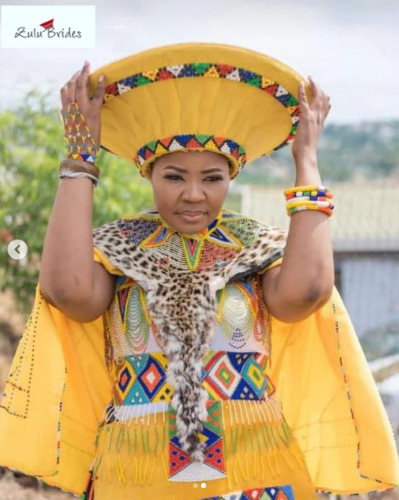
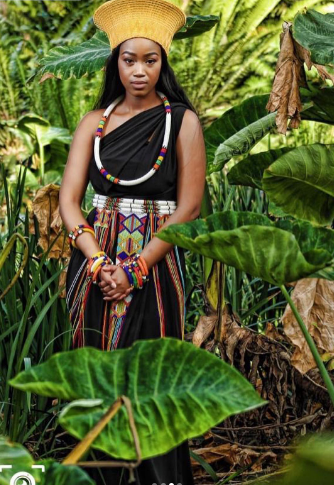
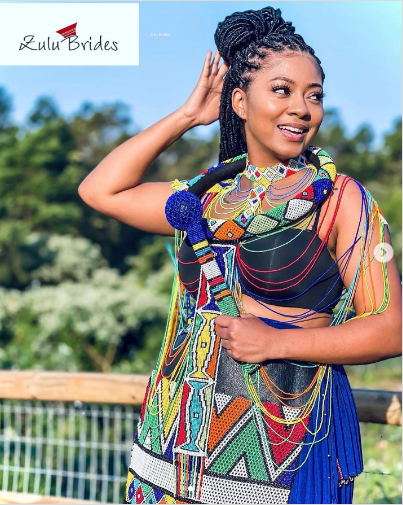

Conclusion
In the kaleidoscope of South African culture, the Zulu makoti dress shines brightly as a symbol of tradition, beauty, and resilience. With its intricate designs, vibrant colors, and deep cultural significance, the makoti dress encapsulates the essence of Zulu identity and pride. As Zulu communities continue to evolve and thrive, these dresses will undoubtedly remain a timeless emblem of their rich cultural heritage, cherished by generations to come.
